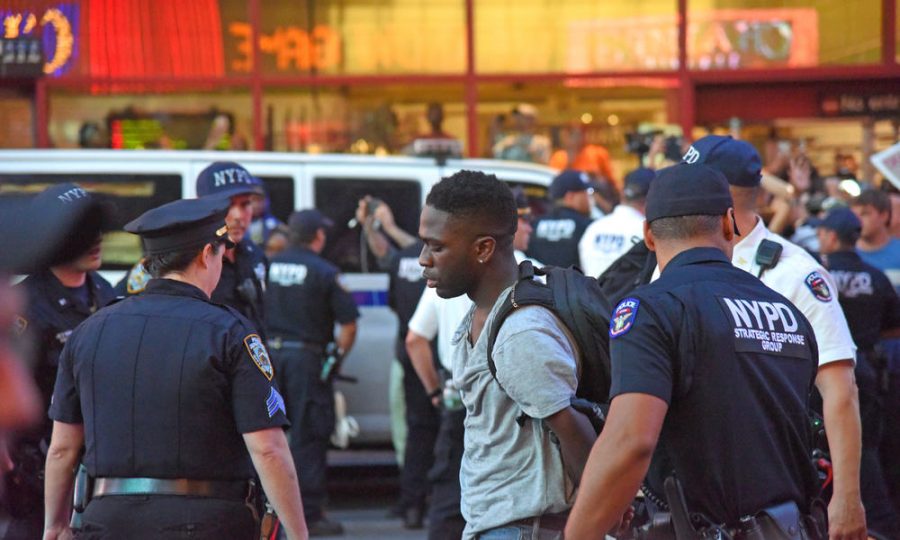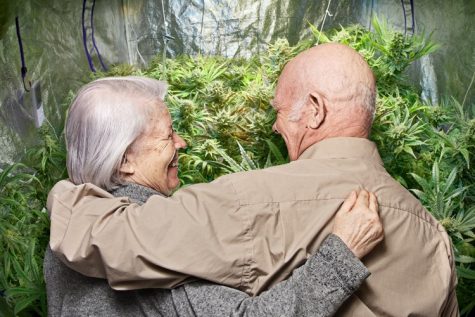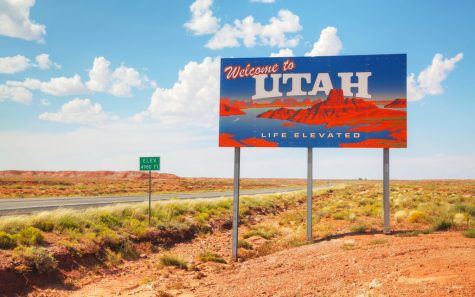Study suggests America’s approach to cannabis is still overly racist
A new study published by the American Civil Liberties Union (ACLU) suggests that black people are 3.6 times more likely to be arrested for cannabis possession than white people living in the United States.
Composed by Joslyn Law Firm between the years 2010 and 2018, the study demonstrates intensifying divergence between black and white cannabis-related arrests.
Since one in three Americans now reside in a state that has legalized cannabis in some form, the ACLU study implies that “War on Drugs” racism continues to infiltrate cannabis law enforcement; in spite of growing acceptance for the plant.
Specifically, the findings showed that the disparities between black and white cannabis-related arrests surged 300 percent from 2010-2018 in a total of 20 U.S. counties. With this figure in mind, the study authors concluded that in 2018, black people were 14 times more likely to be arrested for cannabis than white people.
A primary example of this was Carter, Tennessee, where racial disparity soared 977 percent during the study period.
Colorado, Californian and Oregon saw lowest racial disparities in cannabis arrests
Approximately 700,000 cannabis-related arrests occur in the U.S. every single year. A total of 49 states – Florida failed to contribute data to this study – reported racial disparities. Montana saw the highest rate of cannabis racism, with black people being almost 10 times more likely to face an arrest than white people.
Trailing closely behind was Kentucky, Illinois, Iowa and West Virginia, where black people were seven times more likely to be arrested for cannabis-related crimes than white people.
California, Colorado and Oregon – all of which enacted adult-use cannabis laws during the analyzed period – saw the lowest level of racial disparities in cannabis-related arrests.
Two of the participating states – Illinois and Montana – have legalized the green plant for recreational purposes since this study was carried out, which implies that racist attitudes have not been wiped out by cannabis reform efforts.
Recreational cannabis is still illegal in Kentucky, Iowa and West Virginia. Although a medical cannabis program has been implemented in West Virginia, it was not effectuated when the data was compiled for this report.
Expansive policy changes required to banish cannabis racism in America
While more attention is being brought to the subject of cannabis racism in America nowadays, law enforcement has a long way to go until the problem is stamped out completely. Cannabis legalization would be a good first step in banishing racial prejudice from drug-related charges, according to the owner of Joslyn Law Firm, Brian Joslyn.
However, since law enforcement officials are still likely to continue detaining a disproportionate number of black people for cannabis violations, policy changes must occur at a deeper level if things are truly going to change. For example, police departments must implement training and instruction for officers, so as to ensure that they only detain or pull over people who have undoubtedly violated the law.
This is something that Joslyn supports. During a recent interview with GreenState, Joslyn said that he believes officers should be fitted out with body and cruiser cameras. This, he believes, will help law enforcement workers to conduct reviewed and verified arrests.
“Our state legislatures need to further work to protect individuals’ Fourth Amendment rights through the passage of laws that would raise the standards for law enforcement to search one’s persons or property,” Joslyn told reporters.
You can read more about the problems surrounding cannabis racism by reading ‘A Tale of Two Countries: Racially Targeted Arrests in the Era of Marijuana Reform’.













